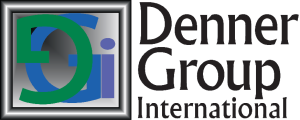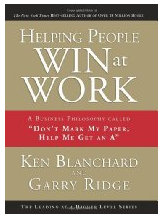Applying Strategic Thinking at Work
By Jeri Denniston, Chief Marketing Strategist, Denner Group International 6-8-2011
Takeaways: Answering five simple questions is the key to applying strategic thinking at work or in life. Focus on outcomes rather than tactical actions to change conversations with others and find common ground.
Applying Strategic Thinking in everything you do is easy – whether it’s at work or in your personal life. Once you understand the difference between strategic and tactical thinking, you can consciously change conversations with others to focus more on outcomes rather than the tactics of execution. This helps to find a higher common ground you can all agree upon. It just takes practice and reminding yourself to focus on the outcomes and not the initial actions. Answering the questions in the next paragraph will help you maintain a strategic focus.
For example, do you have a new project you’re undertaking? Before you start doing research and  creating action plans to implement the project, take a moment to answer the following questions:
creating action plans to implement the project, take a moment to answer the following questions:
- Where do I / we want to be? What am I / are we trying to achieve with this project?
- How will I / we know when we’ve achieved our desired outcomes?
- Where are we today? What internal strengths and weaknesses do we have to implement this project? What are the possible external opportunities and threats to its success, both now and in the future?
- How do I / we close the gap between where we are today and what we’re trying to achieve? What actions do we need to take today in order to make this happen? Who will be responsible for each?
- What external factors, outside our control, might be changing in the future that could impact the project’s success?
Those are the five strategic thinking questions you need to ask for any problem, issue, project or plan you’re undertaking. Once you’ve answered those questions, the strategies and actions naturally fall into place. You may need to involve others in the project to get research, technical support, etc., and that will become evident as you thoughtfully consider the questions.
Obviously, the larger and more complicated the project and organization, the greater the challenges in getting the right information and gaining support from others for your project.
But that’s another subject altogether.

